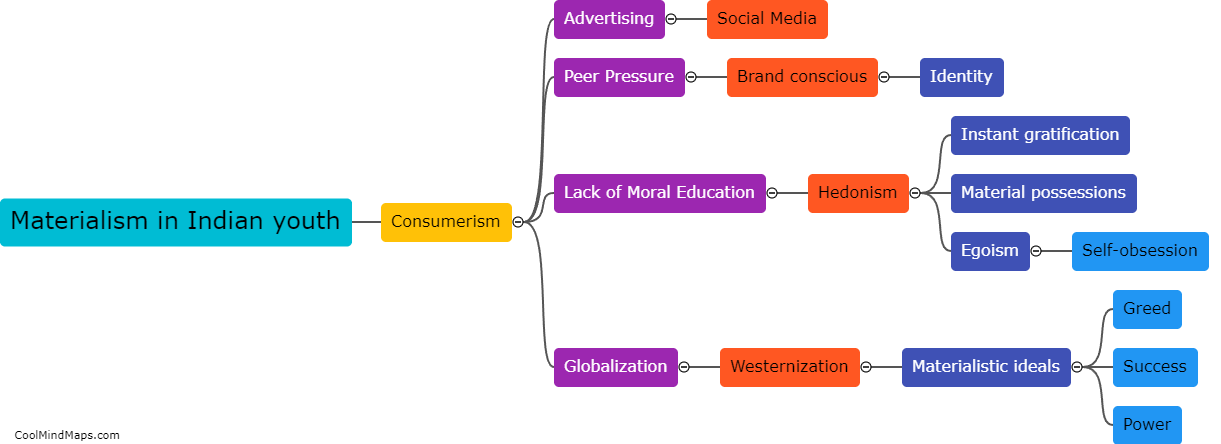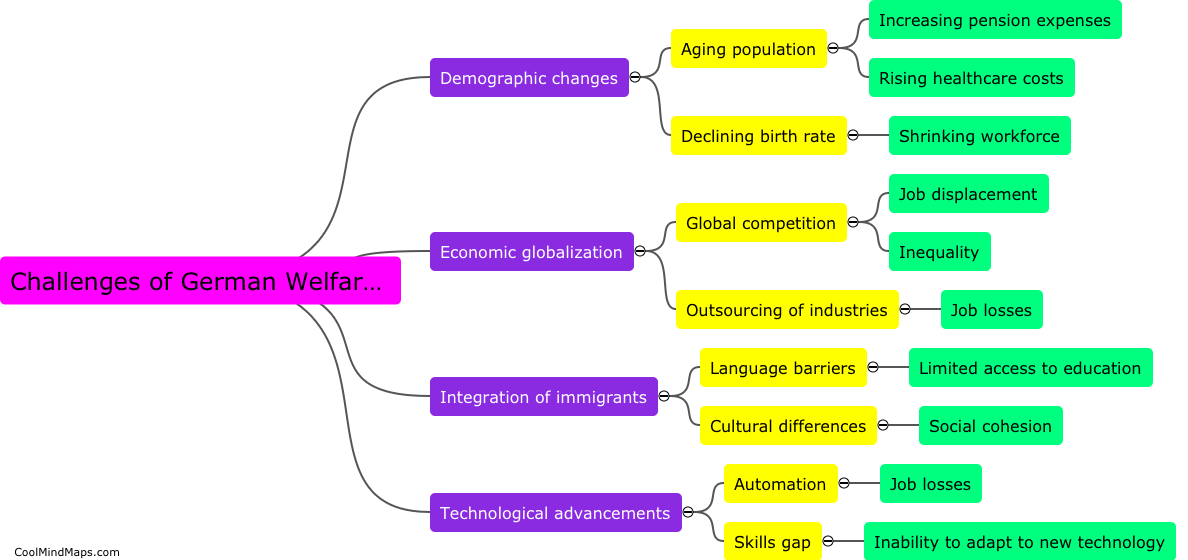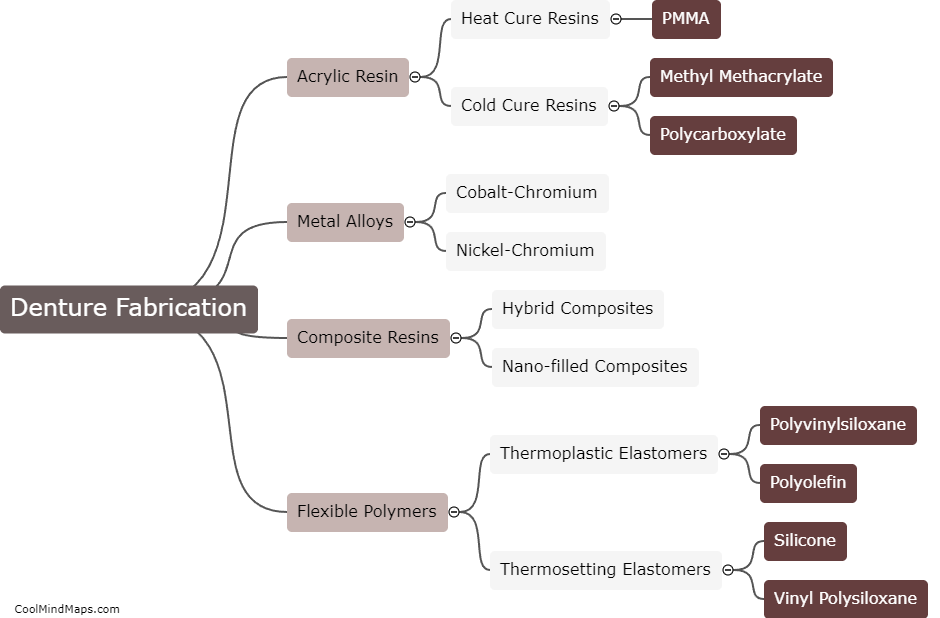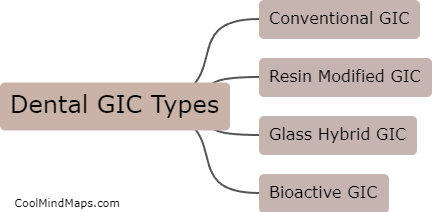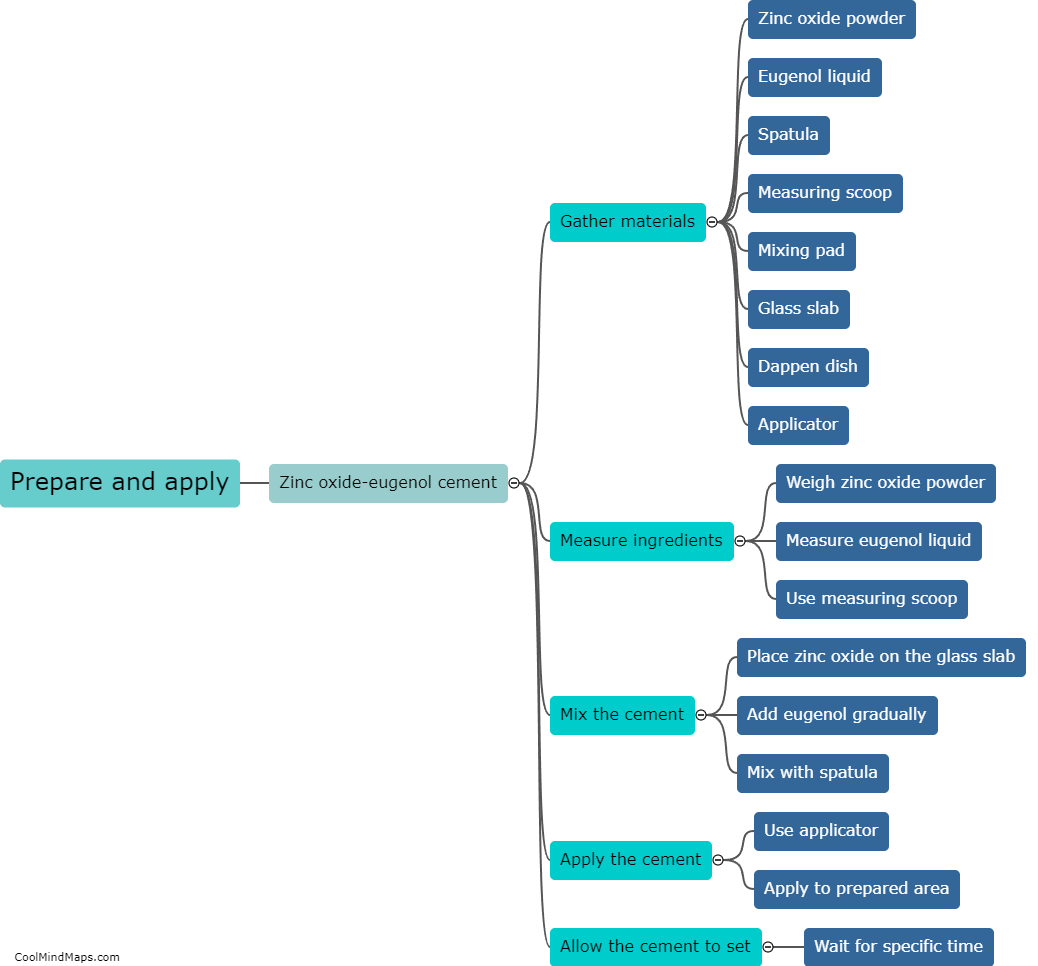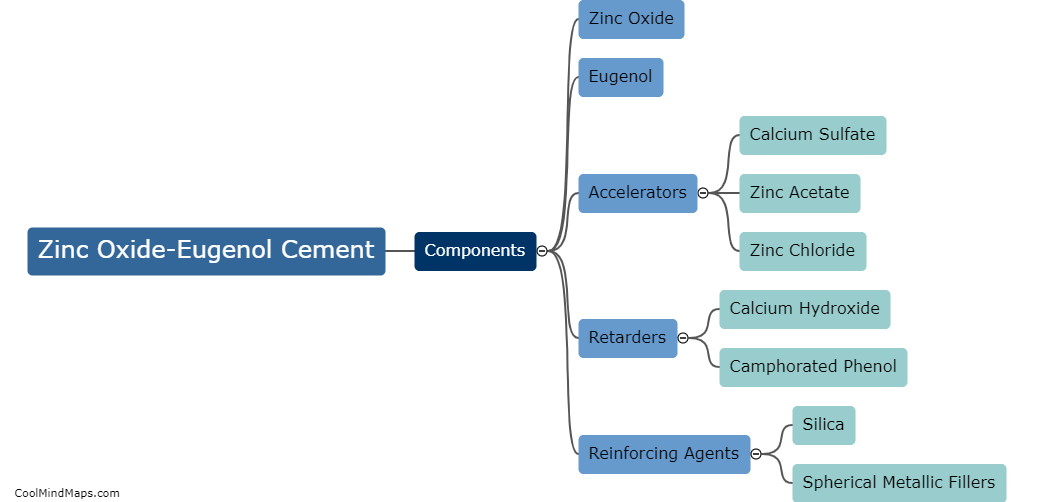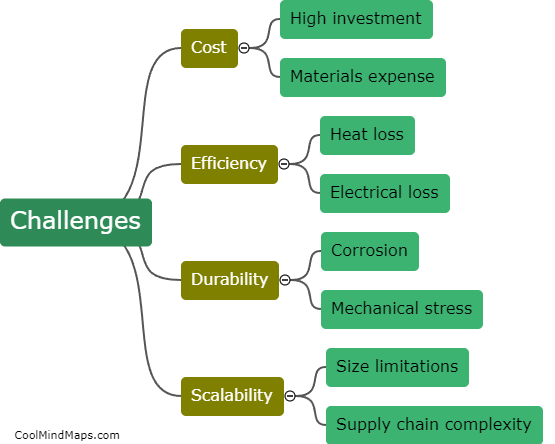What are the advantages of using Dental GIC?
Dental GIC, or Glass Ionomer Cement, offers several advantages in dental applications. Firstly, GIC has adhesive properties and bonds well with dental tissues, such as enamel and dentin, which helps to prevent microleakage and improve the longevity of fillings or restorations. Secondly, GIC releases fluoride ions over time, contributing to remineralization and preventing tooth decay. This makes it particularly beneficial for treating dental caries in children or patients at high risk of cavities. Moreover, GIC is also less technique-sensitive compared to other dental materials, making it easier and faster to use, especially in difficult-to-reach areas. Additionally, it has a tooth-colored appearance, making it aesthetically pleasing for patients. Finally, GIC exhibits good biocompatibility and low toxicity levels, reducing the risk of adverse reactions or allergies. Overall, these advantages make Dental GIC a valuable material in various dental procedures.
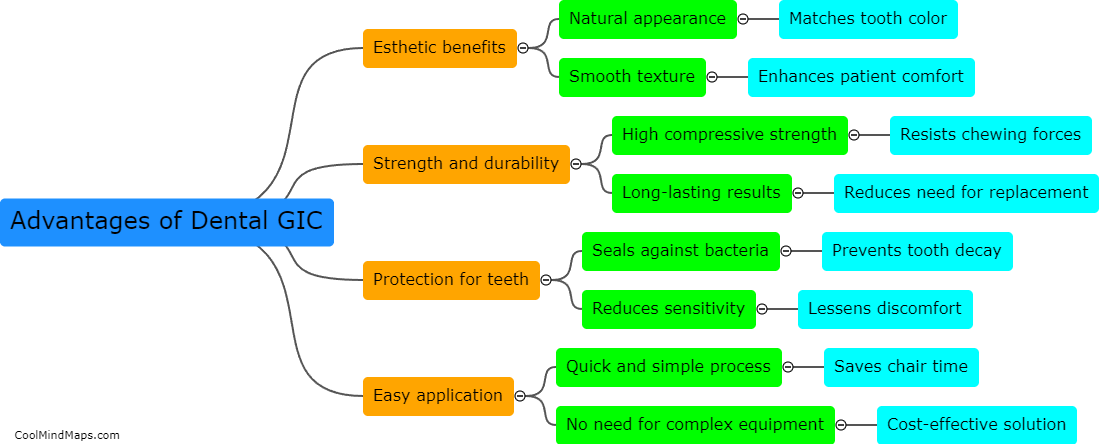
This mind map was published on 5 December 2023 and has been viewed 81 times.



